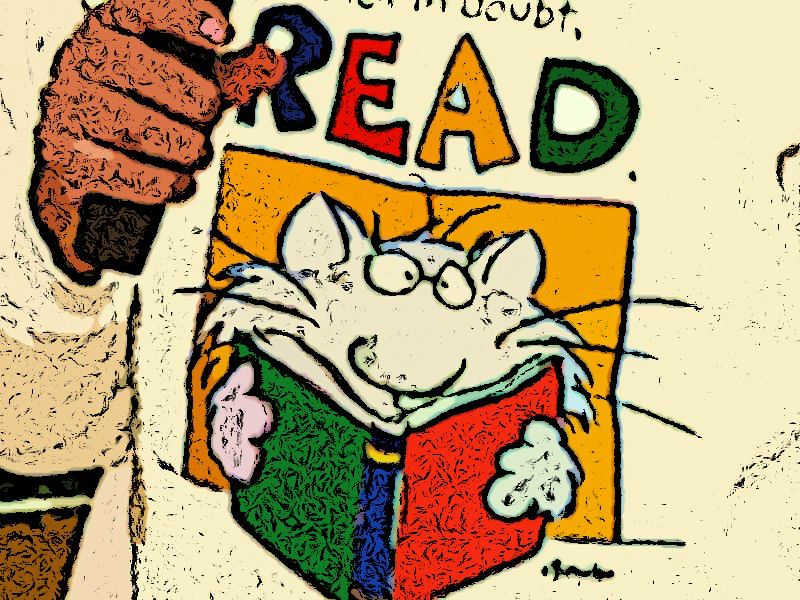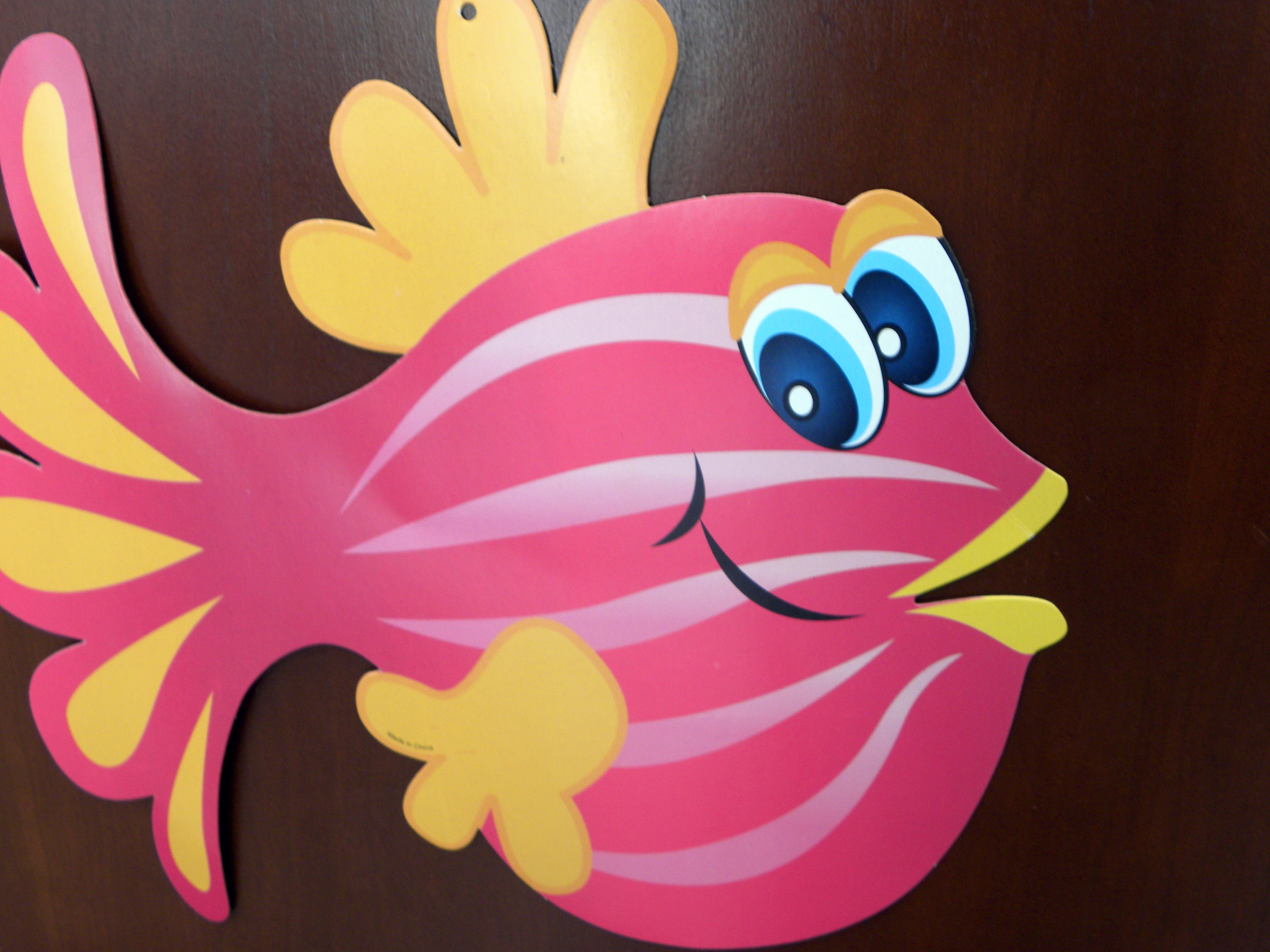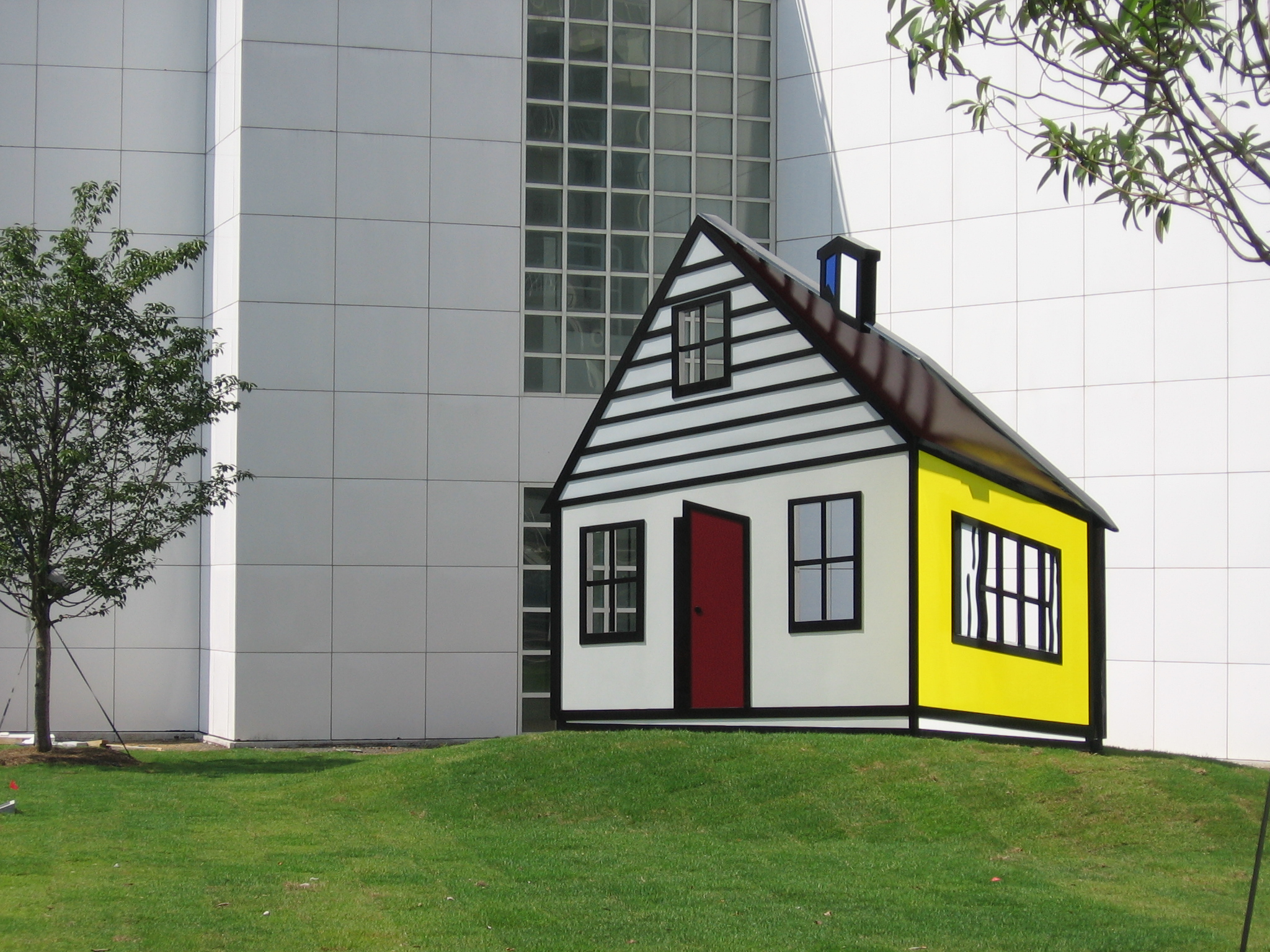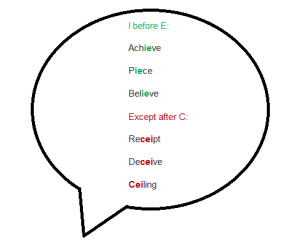English is one of the most widely spoken languages in the world and we often mistake this for meaning it is an easy language. Yes it may be a lot easier than many other languages in terms of grammar and lack of gender but we often forget about all of those silent letters and vowel combinations making pronunciation and spelling a particular challenge to the non-native speaker. Take “ou” combinations for example, such as thought, though and through which all have a complete different pronunciation and how is a non-native speaker supposed to know that numb is not pronounced numb but rather num?
The truth is that a lot of these weird and wonderful things about English you will simply need to learn and memorise. But here are a few tips to get you started:
- Its or it´s?
- it´s = it is
- it´s cold outside = it is cold outside
- Its refers to possession
- The hamster is in its cage
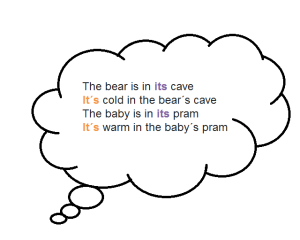
- Fish not fishes
- Some nouns do not follow the usual pattern for plurals
- Regular plural nouns:
1 dog, 2 dogs
1 cat, 2 cats
1 banana, 2 bananas - But watch out for the following exceptions:
1 sheep, 2 sheep
1 mouse, 2 mice
1 fish, 2 fish
©nathanmac87 ©Andrea Passoni
- Don´t forget your articles when talking about professions!
- I am a teacher
- I am a doctor
In many languages the “a” is not necessary when expressing professions but in English it sounds strange to say I am doctor or I am teacher
And the next ones even some native speakers get wrong!
- There, their or they´re?
- There = location
Where is James? James is over there.
A tip to help you remember this one – (there has the word here in it which implies a location)
- Their = possession
Their house is lovely. - They´re = they are (apostrophe replaces the a)
They´re moving to Spain = they are moving to Spain.
They´re happy with their new house:
Their new house is over there:
They´re happy over there in their new house:
- Your or you´re?
Again the apostrophe replaces the a so you´re = you are
You´re happy with your new job
You´re playing with your children
You´re wearing your new hat
- Fewer or less?
There are fewer clouds in the sky today NOT less clouds
It is less rainy today because there are fewer clouds in the sky
Fewer is used when referring to quantities
The same goes for much and many:
There are not many clouds in the sky today NOT much clouds
There is not much rain today because there are not many clouds in the sky
- “I before E except after C”
There are of course exceptions to this, but in general this little rule will help you with your spelling!
For example relief and receive
- An or A before the noun?
Words starting with a vowel use an as the determiner whereas words starting with a consonant use a
e.g. an apple, an orange, an elephant
a plum, a grape, a radio
NOTE exceptions are made with silent consonants such as with hour (pronounced as our) an hour
- Some useful links:
From Roald Dahl´s Matilda to remember the spelling of difficulty: https://www.youtube.com/watch?v=yFdrYxYIdDI
BEAutiful Bruce Almighty: https://www.youtube.com/watch?v=6K3UpktQH9w
Learn English with EXTRAS – an easy comedy to help you understand British English!
https://www.youtube.com/watch?v=k89GF-i_Eyg&list=PLdYSWqTrWP2jyqWIdjsATbrb11uN_BMrF
We hope these help you kick start your learning and if you decide to join us in one of our schools, remember…in English we take a photo NOT make a photo!
















